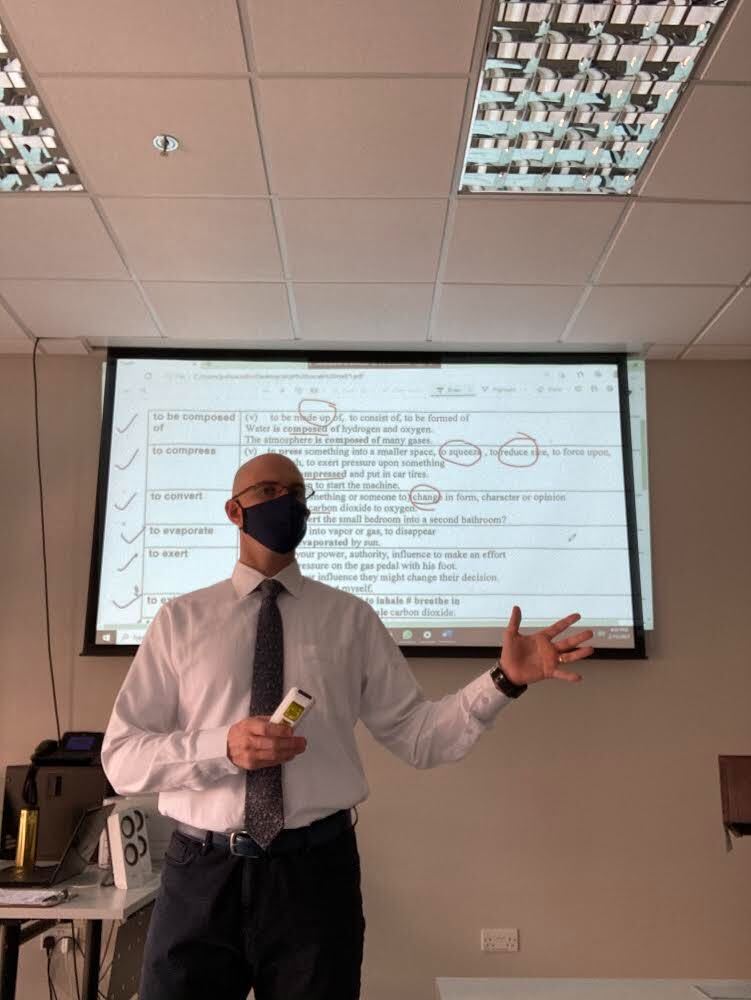After you’re done celebrating your new online TEFL certification, it’s time to start the job hunt. Whether you’re looking to embark on an adventure in a different country or teach English online, it’s important to keep in mind certain criteria when looking for an English teaching position. There’s certainly no lack of opportunities, but you have to be prepared to avoid TEFL job scams both virtually and in the foreign classroom. Luckily, the tips below make it easy to do just that!
How can I know if a TEFL job abroad is legitimate?
Moving to a different country to teach English can be very exciting yet daunting at the same time! Before renting an apartment and setting up a bank account, remember to verify that the TEFL job abroad is legitimate. Here are some ways you can do so:
Check out the 10 best places to teach English abroad!
What are some common red flags for TEFL job scams abroad?
Below are some things to look out for when applying to TEFL/TESOL jobs abroad:
Learn more about teaching English abroad requirements.
Can online TEFL jobs be scams too?
There’s been a huge surge in the demand for online ESL classes, especially after COVID-19 began in early 2020. So, you’ll have to consider how to avoid TEFL job scams in the virtual space too.
Check out ESL companies that are currently hiring online English teachers.
What does a legitimate TEFL job abroad or online look like?
Any legitimate TEFL/TESOL job will have the following:
Get help understanding independent contractor agreements when teaching English online.
Whether you’re looking to move abroad for a job, teach online, or do both at the same time, check that the school or company has a clear website, positive reviews, and a social media presence. There are many legitimate opportunities to put that TEFL/TESOL certification to good use, so make sure you avoid TEFL job scams out there!










